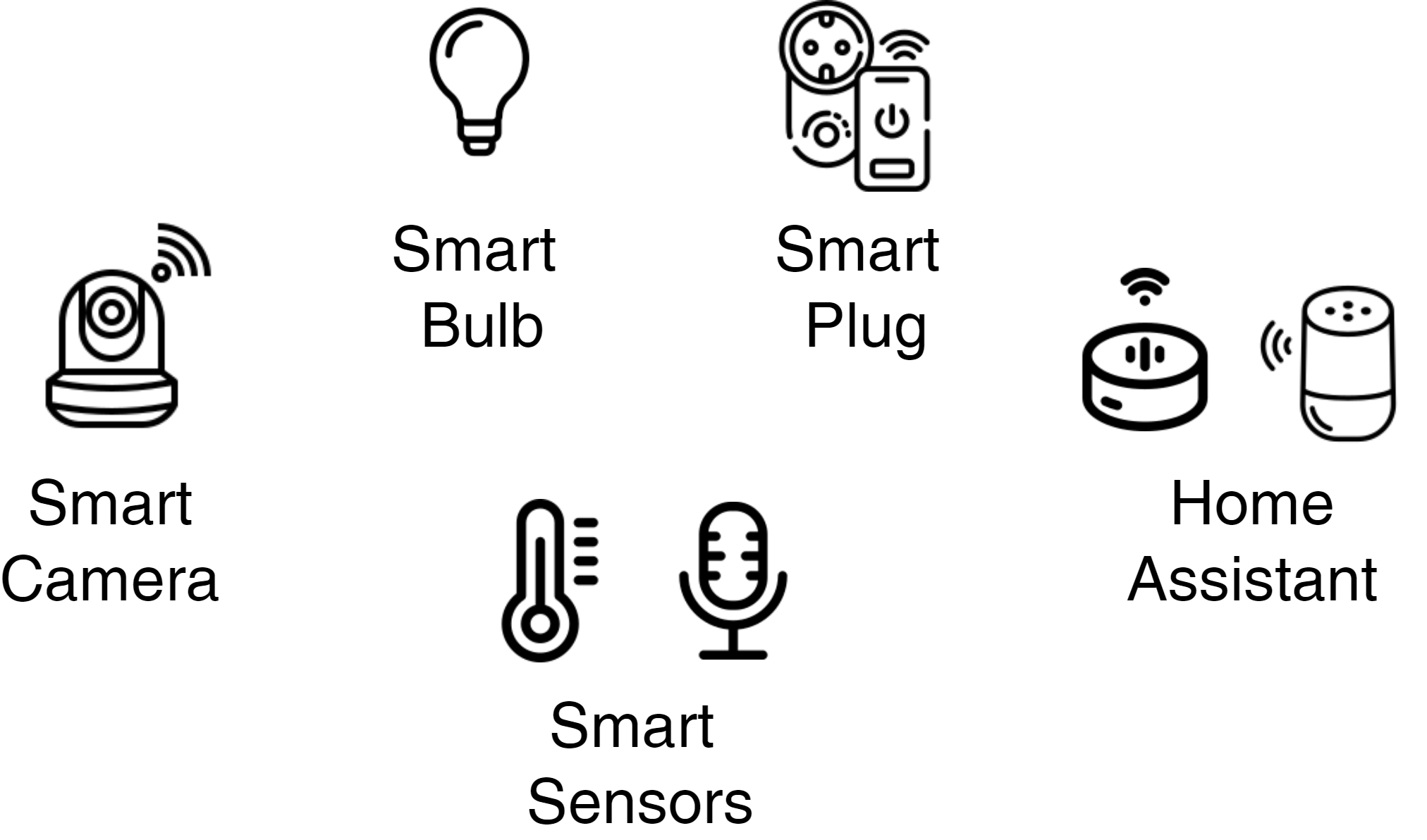As the healthcare industry becomes increasingly reliant on technology, the Internet of Things (IoT) has taken center stage. However, with this increased connectivity comes new security challenges. In this article, we’ll explore IoT security in healthcare and provide insights on how to protect both patients and data.
The Importance of IoT Security in Healthcare
Healthcare organizations collect and process sensitive personal and medical information, making them a prime target for cyberattacks. The consequences of a successful attack can be devastating, ranging from financial loss to compromised patient safety.
IoT devices pose a unique security challenge because they are often designed with convenience in mind, rather than security. This makes them vulnerable to attacks such as data breaches, unauthorized access, and malware infections.
Securing IoT Devices in Healthcare
To protect against these threats, healthcare organizations must implement robust IoT security measures. Here are some best practices for securing IoT devices:
- Deploy strong authentication and access controls – Ensure that only authorized personnel can access IoT devices and the data they collect. Use passwords, multi-factor authentication, and biometric authentication to limit access and prevent unauthorized use.
- Implement network segmentation – Isolate IoT devices from other networks and systems to limit the risk of lateral movement in case of a breach. This can also prevent attackers from accessing critical systems by isolating the compromised device.
- Use encryption – Protect data in transit by using strong encryption protocols such as SSL/TLS. This ensures that data is protected even if intercepted in transit.
- Conduct regular vulnerability assessments – Regularly test IoT devices for vulnerabilities, so that any issues can be identified and remediated quickly.
- Keep devices up to date – Install updates and patches as soon as they become available to ensure that devices are protected against known vulnerabilities.
Closing the Loop on IoT Security in Healthcare
As healthcare continues to rely more heavily on technology, the importance of IoT security will only continue to grow. Healthcare organizations must take proactive steps to protect both patients and data from cyber threats. By implementing robust security best practices and regularly assessing their security posture, they can ensure that they stay one step ahead of attackers and mitigate the risks of IoT-related incidents.
Compliance and Regulatory Requirements for IoT Security in Healthcare
Healthcare organizations must comply with regulatory requirements and standards, such as HIPAA (Health Insurance Portability and Accountability Act), to protect patient privacy and data security. The increasing use of IoT devices in the healthcare industry has prompted the government to develop new regulations and guidelines to ensure their security. For instance, the FDA (Food and Drug Administration) has released a guidance document on post-market cybersecurity for medical devices. Therefore, organizations engaged in the healthcare industry must stay up-to-date with these regulations and implement appropriate security measures.
